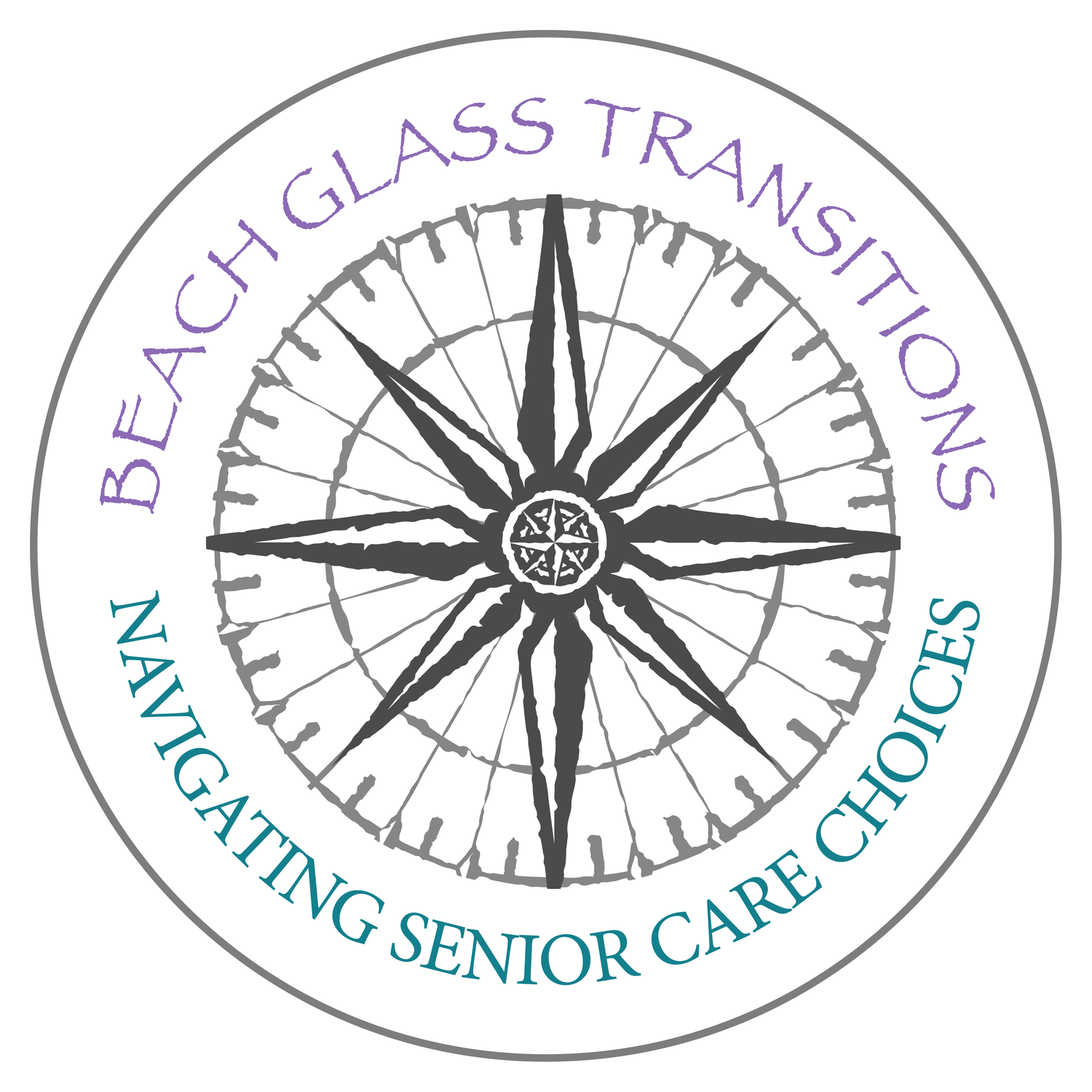Nursing Care
/Overview
Nursing Care Communities may also be called Skilled Nursing Facilities, Rehab, Long Term Care Facilities, Rest Homes, or Nursing Homes.
A Nursing Care Community is generally the highest level of long-term care available to a person outside of a hospital. As opposed to Assisted Living Communities, where generally only custodial care is available, Nursing Care Communities have the licensure and qualified staff to assist with 24/7 medical needs, such as medication administration (including IV); insulin injections; physical therapy; wound care; management of ventilators/catheters/oxygen, and other assistive equipment; and assistance with all Activities of Daily Living (ADLs). Commonly there are some on-site activities to provide social interaction and stimulation.
Nursing communities can be divided into two categories:
Skilled Rehabilitation: This is for short-term stays. It is an interim place for a person in need of medically supervised recovery from an illness, surgery, or injury. Medicare will help pay for skilled care under the right qualifications. Once a patient plateaus in their recovery and can be safely discharged, they return back home. If safely returning home is not viable, another care community, such as Assisted Living or Long-Term Nursing Care, may be needed.
Long Term Care: This is generally for patients who have little expectation of returning to an independent lifestyle. A person transitions to Long Term Care when his medical needs require professional attention daily. Medicare will not cover the cost of Long Term Care. Depending on the state, and your individual medical and financial qualifications, Medicaid will help pay for Long Term Care.
Best Suited For
Seniors whose medical needs are so great that they require trained nursing staff for short term rehabilitation and recovery or long term care.
Costs
According to the Genworth 2012 Cost of Care Map:
National Median: $200/day for a semi-private room, $222 for a private room.
Maine Median: $264/day for a semi-private room, $288 for a private room.
New Hampshire Median: $270/day for a semi-private room, $288 for a private room.
Massachusetts Median: $322/day for a semi-private room, $350/day for a private room.
The cost of Long Term Care may be supplemented by Long Term Care Insurance, Veteran’s Aid & Attendance, Medicaid (depending on the state and your individual medical and financial situation), or paid privately. The cost of skilled Care may be supplemented by Medicare, your Long Term Care Insurance (depends on the policy), Veteran’s Aid & Attendance, and paid privately.
Advantages
Qualified medical care with on-site doctor’s visits.
Improvements have been made to standard of living in recent years.
Covered by medicaid once senior qualifies for assistance.
Disadvantages
Expensive if paying privately.
Small or shared living quarters, which can feel like a hospital.
Some seniors fear being “put in the nursing home.” The transition can be difficult for the senior and the family.
Insider Tips: What to Look For
The federal government runs a website called Nursing Home Compare (http://www.medicare.gov/nursinghomecompare/) which houses information on all Medicare and Medicaid certified nursing homes. This site includes ratings on staffing, health inspections, and quality measures. It also provides detailed statistics on important information for each facility, such as the percentage of residents who got flu shots or suffered from urinary tract infections, as compared to the state and national averages. These details can be good indications of the quality of care.
When doing research, Nursing Home Compare is a good place to start looking for facilities in your area. Once you identify communities that meet your needs on paper, it is important to visit those communities. Get a feel for each place and make sure that what you observe aligns with what you read. But please keep in mind that residents in Nursing Care Communities require a high level of medical support; the facilities often have the feel of a hospital in many respects. Be emotionally prepared for these visits and be realistic about your expectations.
When you visit, notice how the staff interacts with the patients. Do the patients appear well cared for? If you are uncertain about the interactions you observe and what they mean, do not hesitate to ask questions. In fact, asking the staff questions about how they interact with patients will give you a sense of their personalities and their professionalism.
If possible, visit each location more than once at differing times so that you can see various staff members on different shifts. And when you visit multiple times, be sure to pay attention to the smell each time. In Nursing Communities, bathroom accidents happen. It is not rare to occasionally notice the scent of urine or other bodily fluids. When these accidents do happen, however, they should be cleaned up immediately and thoroughly. If you visit once and there is a smell, go back a second time and notice if the smell is still present. If the community is taking good care of facilities and residents you should not notice a consistent smell of bodily fluids each time you visit.
There can be lengthy waiting lists for nursing communities. Therefore, it may be necessary to select several that meet your needs, since it might not be possible to have your loved one admitted to your first choice facility when the time that this level of care becomes necessary.

